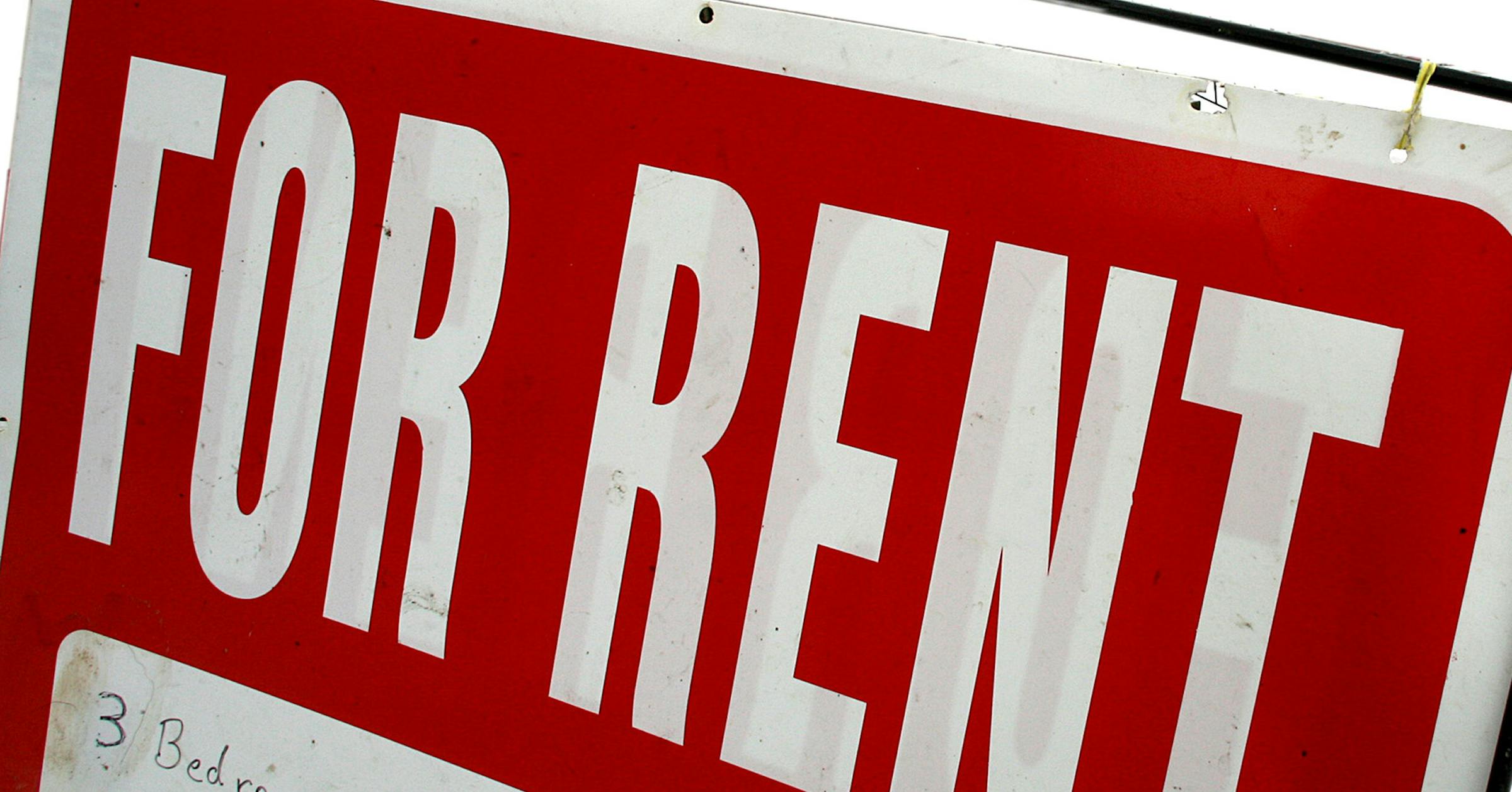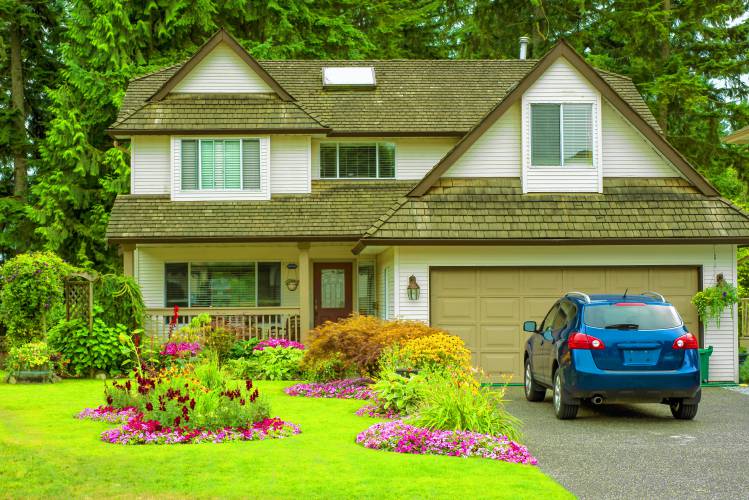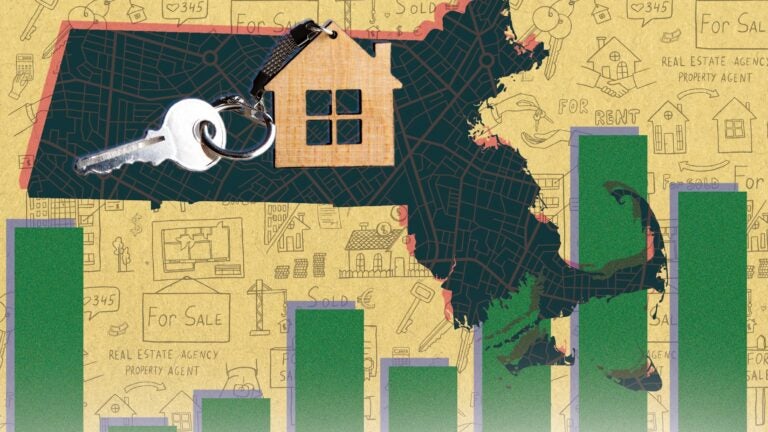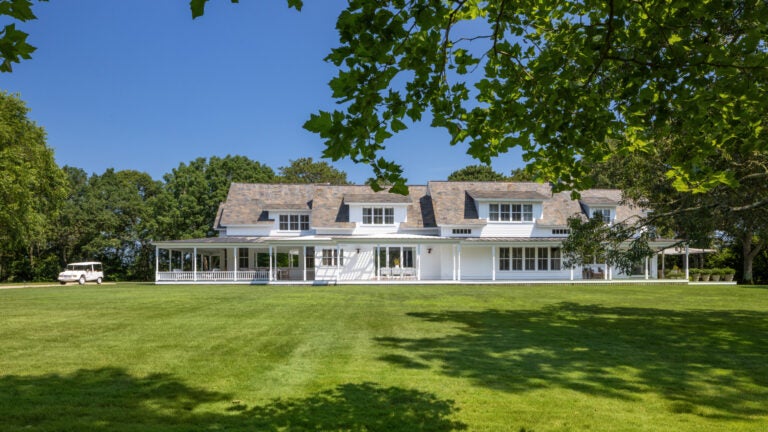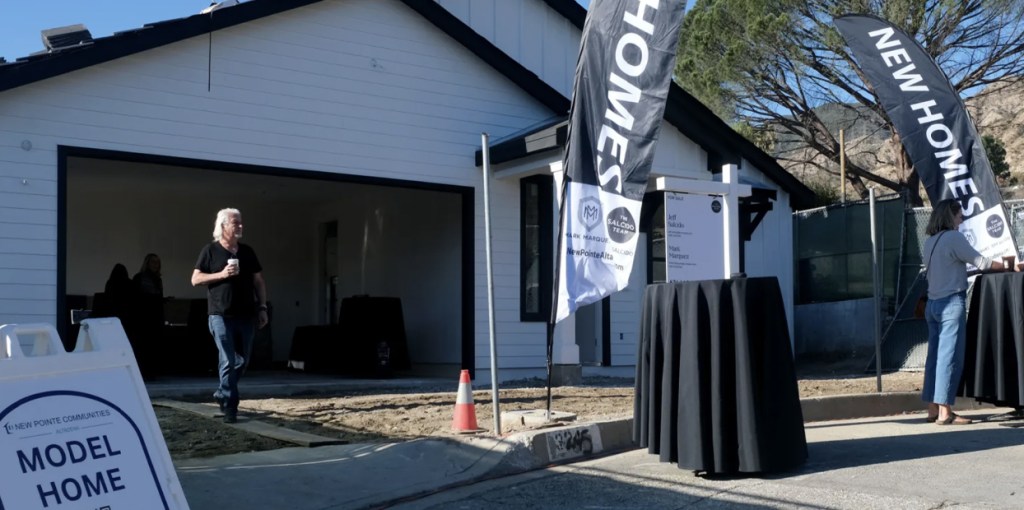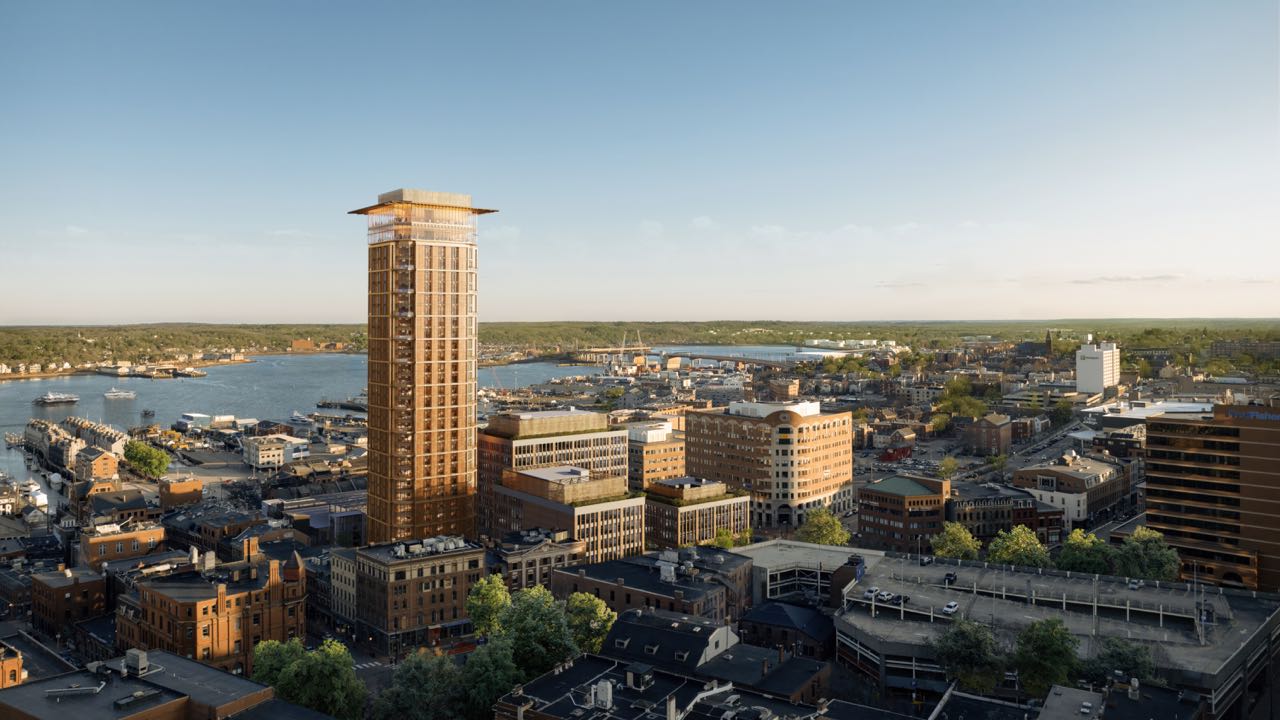A
cross the country, a quiet but significant trend is reshaping the housing landscape: more retirees are choosing to rent. While most seniors still own their homes, the number of renters aged 65 and older grew by 2.4 million from 2013 to 2023—nearly a 30 % rise in ten years. Those older renters now make up 13.4 % of all renters nationwide. In the Twin Cities, the share is 15 % of renters, up 27 % since 2013.
Renting offers retirees a blend of lifestyle flexibility and financial simplicity. It spares them the escalating costs of maintenance, property taxes, and insurance that accompany ownership. High mortgage rates and a tight housing supply have also made downsizing less appealing. Many seniors use the savings from not owning to travel or spend time. Renting also allows easier relocation if health needs change.
However, rent is not always a voluntary choice. For retirees on fixed or unstable incomes, owning a home may have been out of reach or lost during downturns. Rising rents can force painful budget cuts. In Minnesota, more than half of older adult renters spend over 30 % of their income on housing, a situation known as cost burden.
Given these dynamics, retirees should carefully compare the costs of renting versus buying. While renting may be necessity for many, those with sufficient resources should weigh the advantages and disadvantages. Chris Farrell, senior economics contributor for “Marketplace” and Minnesota Public Radio commentator, offers expert insight on this evolving trend.
